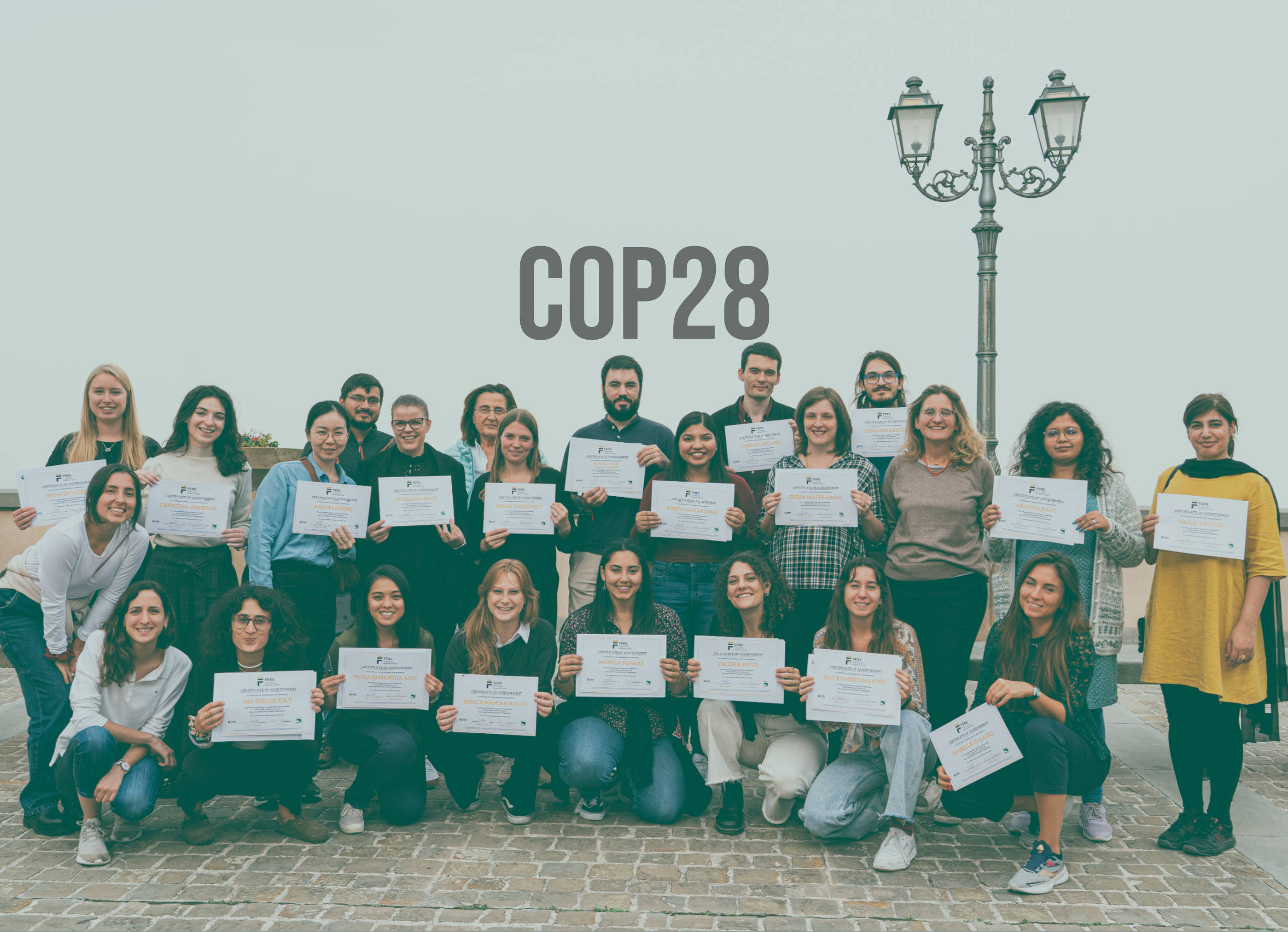The Climate Change Litigation database run by the Columbia University’s Sabin Center currently counts over 1000 litigation and administrative proceedings related to climate change (875 in the United States and 264 in other countries, according to the latest update of May 2018).
In 2015 the victory of about 900 Dutch citizens, represented by Urgenda Foundation, set a landmark case in climate litigation, with the District Court in The Hague urging the government to ensure that the Netherlands’ emissions will be reduced by at least 25% below 1990 levels by 2020 (Dutch current reduction goal for 2020 is around 17%). The Dutch government appealed against the judgment and on May 28 the Hague Court of Appeal set the delivery of the verdict in early October this year.
In addition to the Netherlands, in 2018 European courts will hear cases against the governments of Ireland, the UK, Belgium, Switzerland and Norway, and similar cases are proceeding in the Philippines, India, and at State and federal levels in the US.
Recently in May, litigants from 8 countries sued European Union’s institutions claiming the EU 2030 goal to reduce greenhouse gas emissions by 40% below 1990 levels is inadequate to protect their fundamental rights. The lawsuit – dubbed the “People’s Climate Case” – is brought by 10 families from Portugal, Germany, France, Italy, Romania, Kenya, Fiji, and Sweden, with the support of the NGO Climate Action Network.
According to a recent analysis by the Grantham Research Institute on Climate Change and the Environment, corporations are the single most represented group of this kind of plaintiff globally (mostly against administrative decisions made on the basis of climate change, for instance to deny a licence for a new coal-fired plant, or questioning allocation of allowances under emissions trading systems). However, a new wave of bottom-up cases linking climate change and rights protection is emerging and could have “significant impact”, as they are already broadening the debate about who is responsible for climate change.
“It is still too early to assess whether or not plaintiffs will succeed in holding corporations and political branches of governments accountable”, the report says. “A number of cases are under appeal. Nevertheless, even unsuccessful attempts might contribute to driving climate change action in the long term.”
Read more:
- Report: “Policy brief – Global trends in climate change legislation and litigation: 2018 snapshot”, by the Grantham Research Institute on Climate Change and the Environment and Centre for Climate Change Economics and Policy
- Urgenda Foundation website.
- “People’s Climate Case” website.






